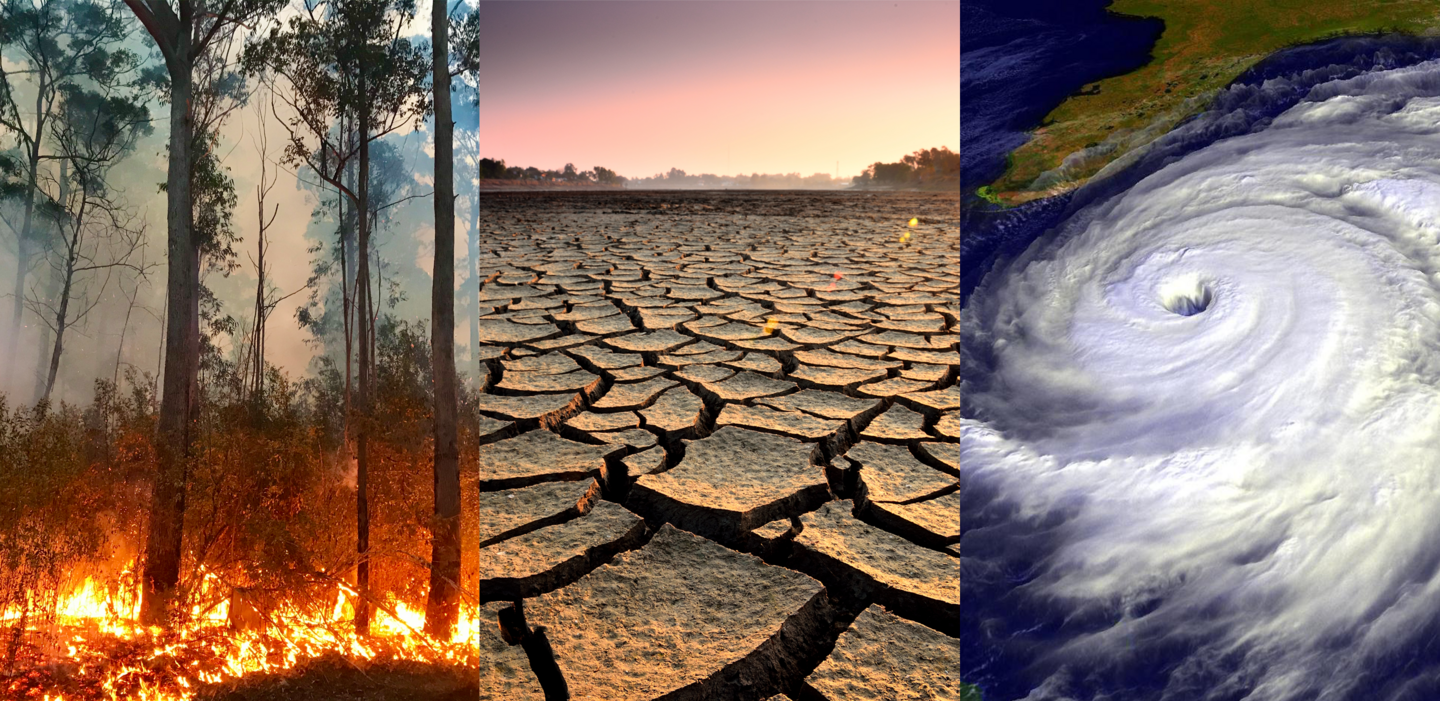The climate crisis is well and truly upon us: all over the world, extreme climatic events are causing people to lose their homes and livelihoods, forcing them to start over elsewhere. With the RE-TRANS interdisciplinary research initiative, researchers at the University of Zurich (UZH) are tackling the multifaceted challenges.
According to recent reports from the 6th Assessment Report 2022 of the UN’s International Panel on Climate Change (IPCC), the number of people living in coastal areas who are exposed to moderate or extreme sea-level events will increase to 1 billion by 2050. The associated annual cost of damage in Europe alone is expected to increase from around 1 billion euros today to around 100–1,000 billion euros by the end of the century.

Although research into the impacts of environmental and climate-related disasters has increased in recent years, broader research approaches are still lacking. In order to fully understand the issues and provide sustainable responses, research projects – in addition to investigating the climate change aspect – need to include other aspects such as ecological degradation and social, economic, political and legal frameworks. This is precisely the gap that the University of Zurich’s new research project RE-TRANS aims to bridge. Using systematic and interdisciplinary analyses, the scientists will explore the fundamental questions associated with withdrawal and relocation of populations. For this purpose, they will create a global risk map, investigate current and historical relocation cases to extrapolate the necessary conditions for success, and subsequently develop scenarios and propose specific solutions for the future.
The research is intended to provide various business sectors such as finance, insurance, transport and food supply with the information they urgently need about future challenges. It will also create a legal basis for future withdrawal and relocation of populations. As well as contributing to cutting-edge scientific research, close collaboration with local communities and government agencies means the project will be of practical benefit to national and international policymakers and directly affected communities.
The project will shine a light on places whose inhabitants are often already living at the limits of feasibility and habitability. The research will focus in particular on the Bengal Delta (rising sea levels, coastal ecosystems), settlements in the Altiplano region in Peru (glacier melt, ecological degradation), central Colombia (flooding), as well as various locations in the Swiss mountains (avalanches, landslides).
«To date, global warming of 1.1°C has already had far-reaching consequences for billions of people – and this is just the beginning. Support our initiative to respond now to the threats posed by climate change.»
Prof. Dr. Christian Huggel, Department of Geography, University of Zurich